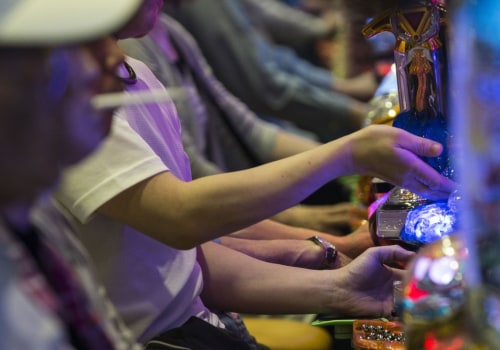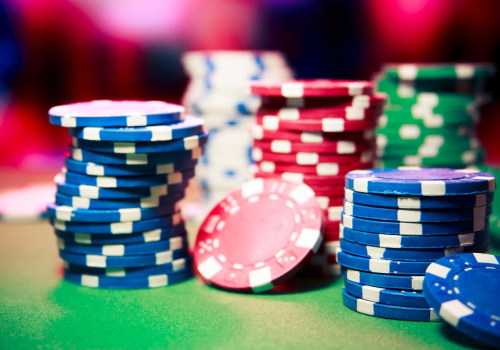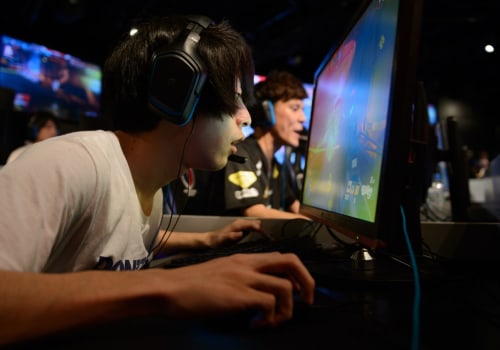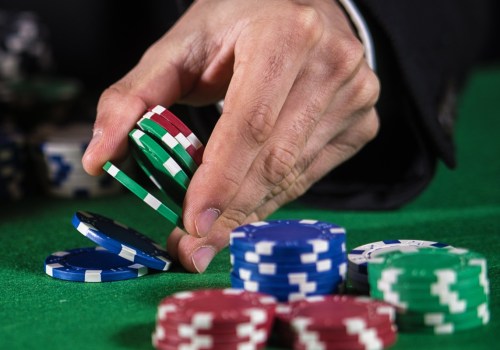Most forms of gambling in Japan are generally prohibited by Chapter 23 of the Criminal Code; however, there are several exceptions, including betting on horse racing and certain motorsports. Most gambling is illegal in Japan, but there are exceptions. Betting on some sports such as horse racing and certain motorsports is allowed, and football pools known as “toto” and lottery are allowed by special laws. Japan's strict gambling regulations and laws mean that no casino has been allowed to operate on Japanese soil.
However, it seems that this is about to change. Recently, there have been ongoing discussions within the Japanese government regarding the legalization of sports betting in football and baseball. The most important game sport in Japan is probably horse racing. Here it is a realistic issue, with the focus more on betting than on the ornaments of the “sport of kings” that horse racing tends to enjoy in other countries.
Aspiring winners can even attend classes on how to bet on races. Kyoutei is the extreme side of the Nihon bookmaker, as it involves motorboat racing. The six participating boats must run around two buoys, over a total distance of 300 m. It should be noted that, since the beginning of this competition, men and women have competed together in teams.
Like Keirin, Kyoutei has also started to gain followers in neighboring Korea. Gambling has been a taboo subject in Japanese society and, since 1907, most forms of gambling, including casinos, have been illegal. However, there are many forms of legal gambling in Japan, such as Pachinko, Lottery and certain types of sports betting. As a tourist, you should be aware that gambling laws are stricter here than in most countries you have visited, so it is important to fully understand the laws.
The argument against it has been that it could lead to addiction (since Japanese people are not used to gambling) and organized crime, and the law is actually very unpopular with Japanese society. Chapter VII of the Act places a strict limitation on the number of times the entry fee is paid and the entry fee to avoid problems with gambling. In addition, considering that money lending could accelerate gambling problems, access to money lending is only available to (a) customers who have the financial ability to deposit with the operator of the casino business cash in excess of 10 million yen, and (b) non-resident foreign customers. According to Chapter XXIII of the Penal Code of Japan, gambling is generally subject to a widespread prohibition, with heavy fines and even prison sentences for persons who break the law.
The government disapproves of gambling addiction and encourages classrooms to refuse to serve those who may have problems with gambling. As long as the pachinko room does not pay cash, it is not against the Criminal Code and is not considered gambling. In addition to an overview of Japanese gambling and casino culture, let's focus on games specific to the Land of the Rising Sun. ii) It is unclear whether Japanese residents are allowed to use online casino services whose operators are located and licensed outside Japan, but it can be prosecuted as illegal gambling if the user's bets are placed within Japan.
The crime of managing a place to play also requires managing a place to play and “making a profit” 10 and the term “making a profit” is understood to mean intending to obtain an illegal financial benefit (in the form of fees, commissions or other) under consideration. Since the gaming license is a privilege, the licensed operator will have high standards of ethics and integrity, and will take the necessary measures to ensure responsible gaming, the protection of minors, the fight against money laundering and other public interest policies. Pachinko's lounges are in almost every corner and are a great way to experience Japanese gaming culture in a way that you know is within the law. With pachinko lounges and some forms of online gambling that are so popular in Japan, it's easy to see that there is a market for traditional casinos in the country.
While pachinko has been popular in Japan for more than 100 years, industry revenues are falling, almost half from its peak, and new generations are turning to other activities such as smartphone games and online gambling. Gambling is one of the oldest leisure activities in human history, from dicing in the streets of Greece and Rome to playing cards in China. As a result of all this, understanding Japan's gambling law and legislation can be a little confusing at times. .
.











Leave Reply